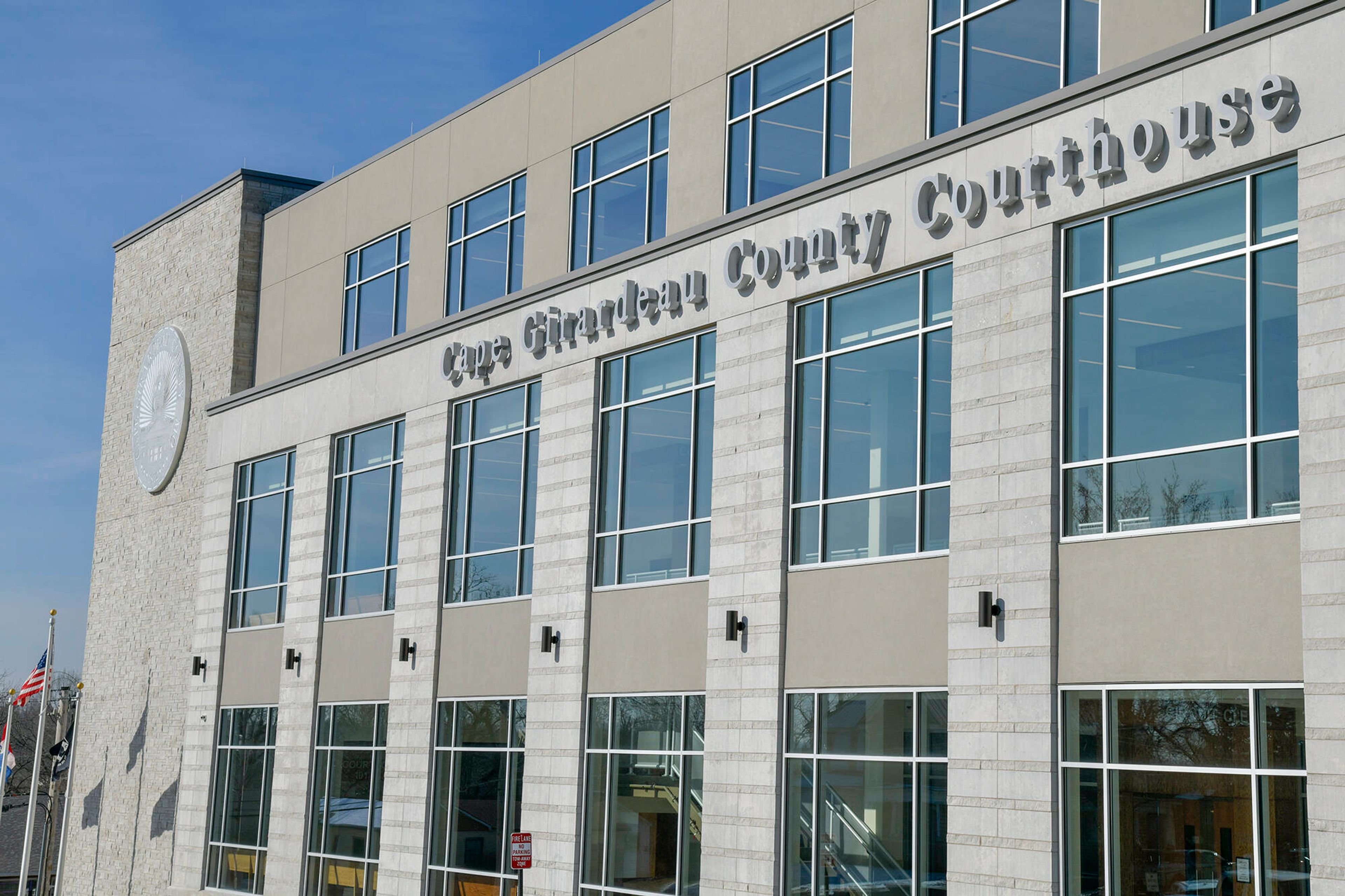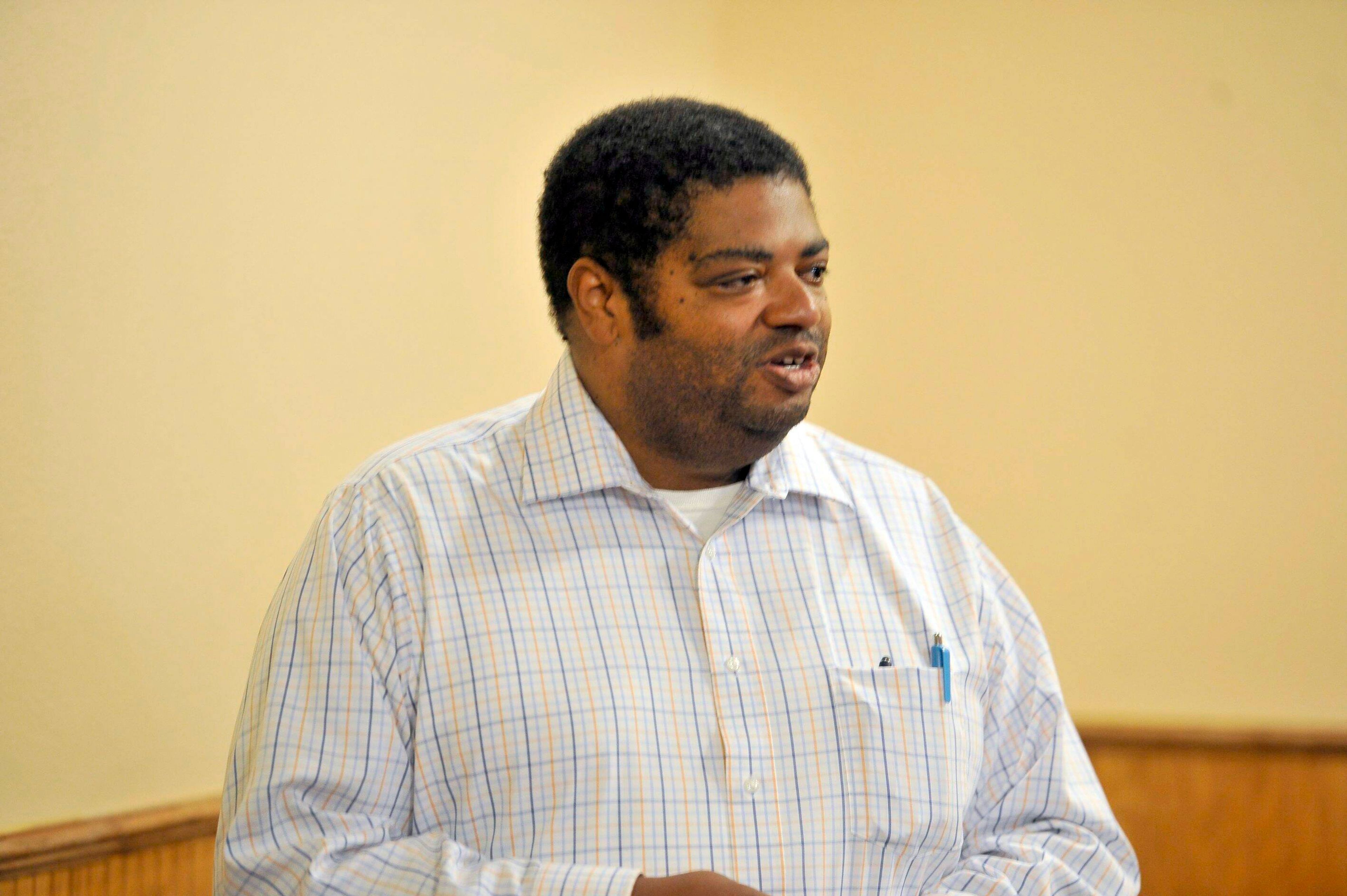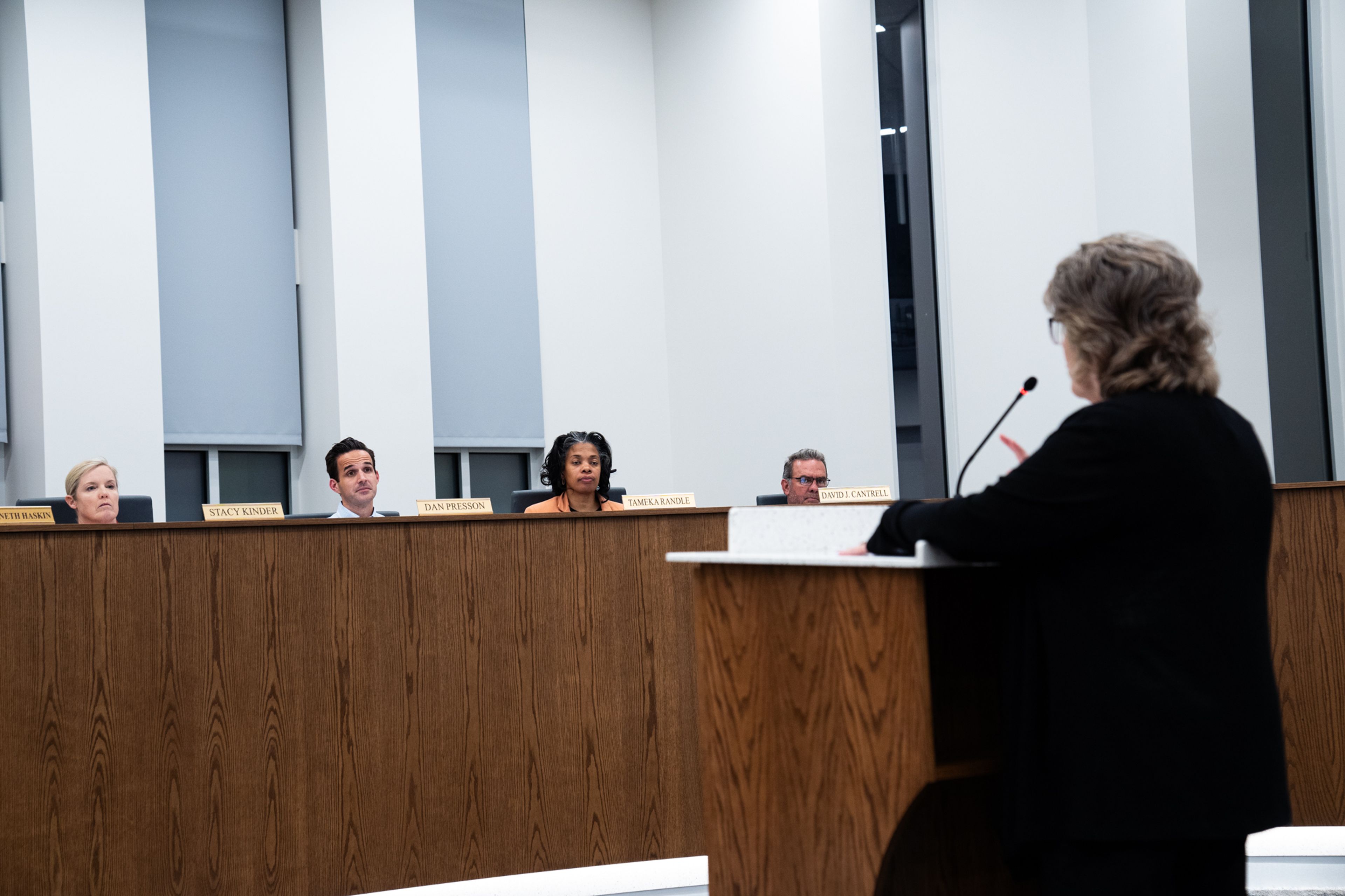Mo. gov. vetoes bill that nullified fed gun laws
JEFFERSON CITY, Mo. -- Gov. Jay Nixon vetoed legislation Friday that would have made it a crime for federal agents to attempt to enforce federal gun laws in Missouri and could have landed journalists in jail for publishing the names of gun owners in the state. The Democratic governor said the bill passed by the Republican-led Legislature violated the supremacy clause of the U.S. Constitution, which gives ...
JEFFERSON CITY, Mo. -- Gov. Jay Nixon vetoed legislation Friday that would have made it a crime for federal agents to attempt to enforce federal gun laws in Missouri and could have landed journalists in jail for publishing the names of gun owners in the state.
The Democratic governor said the bill passed by the Republican-led Legislature violated the supremacy clause of the U.S. Constitution, which gives preference to federal laws over conflicting state ones. He said it also infringed on First Amendment rights of free speech and press.
Some supporters of the legislation had proclaimed it one of the most gun-friendly bills ever passed by a state legislature. Nixon, however, said it could have had extreme consequences.
"Under this bill, newspaper editors around the state that annually publish photos of proud young Missourians who harvest their first turkey or deer could be charged with a crime," the governor said in a written statement announcing the veto.
Legislators would need a two-thirds vote in both the House and Senate to override Nixon's veto when they return to session in September. The bill passed in May with bipartisan support. For an override to succeed in the House, Republicans would need to secure 109 votes, which is the exact number of Republican lawmakers in that chamber.
House Speaker Tim Jones on Friday said he was "shocked and astounded" by the veto.
"I believe a supermajority of Missourians want us to override this bill," said Jones, R-Eureka, but he added that a decision on whether to try won't be made until at least next month.
The legislation was perhaps the most glaring example of a recent national trend in which states are attempting to nullify federal laws. A recent Associated Press analysis found about four-fifths of the states have enacted local laws that directly reject or ignore federal laws on gun control, marijuana use, health insurance requirements and identification standards for driver's licenses.
Relatively few of those state laws go so far as to threaten criminal charges against federal authorities, though a new Kansas law makes it a felony for a federal agent to enforce laws on guns made and owned in Kansas. A similar Wyoming law, passed in 2010, made it a misdemeanor.
The Missouri legislation called for misdemeanor charges punishable by up to a year in jail and a $1,000 fine against federal agents. It would have applied broadly to any attempt to enforce federal gun laws and regulations -- past, present, or future -- that "infringe on the people's right to keep and bear arms."
The same criminal penalties could have been applied to anyone who published the name, address or other identifying information about a gun owner. Nixon said the bill could have barred reporters from doing stories on legislative candidates who own guns or even prevented a writer from putting her own name atop a news story if she owned a gun.
"This is probably the most far-reaching attempt by a state to protect a citizen's Second Amendment rights," said Rep. Doug Funderburk, a Republican from the St. Louis suburb of St. Peters who sponsored the bill.
Funderburk acknowledged the governor has "got a valid concern" that the provision about publishing gun owners' names may have been drafted too broadly. But he and Jones, who was a co-sponsor, defended the core of the bill.
They said federal laws that restrict Second Amendment rights aren't made in compliance with the Constitution and thus don't have the protection of the supremacy clause.
The Missouri measure sought to invalidate several specific federal laws, including a 1934 law that imposed a tax on transferring machine guns or silencers. Another provision would have invalidated any federal law requiring "registering or tracking" of firearms or ammunition that "could have a chilling effect on the purchase or ownership of those items by law-abiding citizens."
Other provisions in the bill would have allowed a schoolteacher or administrator with a concealed-gun permit and special training to be designated as a "school protection officer" capable of carrying hidden guns into schools.
Missouri's age to obtain a conceal-carry permit would have been lowered to 19 instead of the current 21, and the bill would have allowed people with concealed gun permits to openly carry firearms up to 16 inches long -- even in jurisdictions that have ordinances against the open display of guns.
------
Gun bill is HB436.
Online:
Mo. Legislature: http://www.moga.mo.gov
Mo. Governor: http://www.gov.mo.gov
------
Follow David A. Lieb at: http://www.twitter.com/DavidALieb
Connect with the Southeast Missourian Newsroom:
For corrections to this story or other insights for the editor, click here. To submit a letter to the editor, click here. To learn about the Southeast Missourian’s AI Policy, click here.








